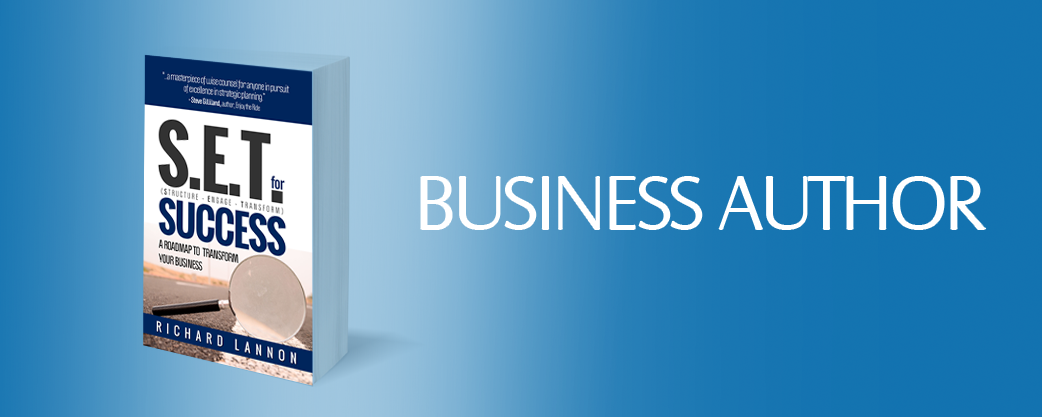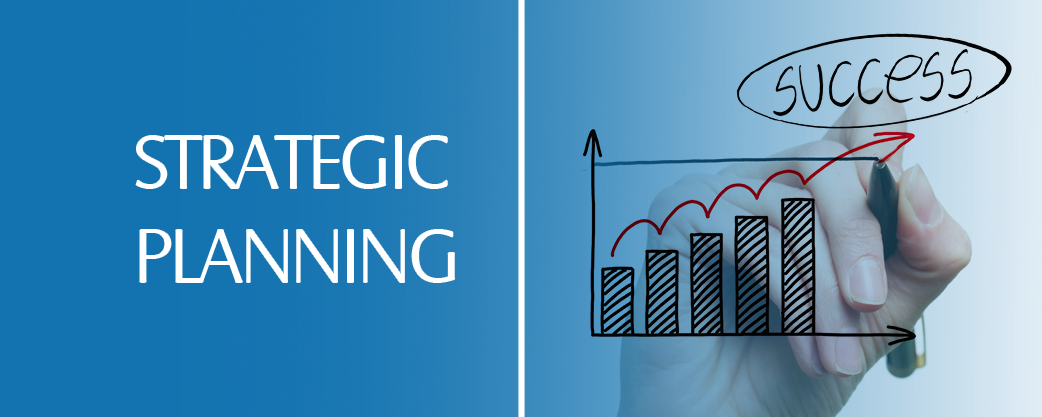 I have received a number of emails regarding a statement I made in one of my previous blogs. In that particular post, I mentioned the importance of understanding yourself and others through profiling. The exact quote, “you should profile yourself and the people around you”. So let me explain the importance of profiling and give you some options.
I have received a number of emails regarding a statement I made in one of my previous blogs. In that particular post, I mentioned the importance of understanding yourself and others through profiling. The exact quote, “you should profile yourself and the people around you”. So let me explain the importance of profiling and give you some options.
See Original Article: Master These 7 Skills to Become an Excellent Interviewer
A business leader and professional is a leader who must engage people in order to get stuff done. This reality exists whether through identifying business problems or opportunities, evaluating solution alternatives, or planning and implementing projects. Nothing happens unless you can engage people appropriately. Profiling helps. I learned this years ago when I was a Senior Manager with PricewaterhouseCoopers. It was a valuable professional and life lesson.
Three Profiling Rules And Profile Types To Endure
There are a few rules about profiling that you need to internalize. First, it is not about you so leave your ego at the door. Second, it is all about the other person’s communication needs. Third, you need to adapt to the communication needs of the other person.
Generally, there are three kinds of profiles to consider; intelligence quotient (IQ), emotional quotient (EQ) and culture quotient (CQ). EQ has to do with emotional intelligence and is now considered more important than IQ in achieving success in our lives (business, career, and life). Success is dependent on our ability to read people and act appropriately.
Related Article: Six Strategic Leadership Styles – the impact they have
Four Attributes Of Emotional Quotients (EQ)
Self-Awareness: You are aware of your thoughts and emotions and the impact they have on your behavior. What you think is what you feel, what you feel is how you act and how you act is the results you get (think, feel, act, results).
Self-Management: Can be defined as your ability to manage your feelings and behaviors. It includes your ability to adapt to changing circumstances.
Social Awareness: This is where you engage in understanding other people. In essence your ability to read the situation around you, pick up on social cues and adjust accordingly. It is all about people and group dynamics.
Relationship Management: Emphasis is placed on your ability to develop and maintain good relationships. This could be short-term (for projects), to influence and motivate others, to interact for the purpose of understanding a problem, to manage conflicts, etc. I like to think of this as your ability to get on and get along in life.
Six Tools Of The Assessment Trade (There Are More)
There are many tools that can be used to develop your understanding of yourself and others. I believe that throughout your career it is important to use several tools in order to develop a self-profile that goes beyond just the standard EQ assessment. It’s important to look at your career and work fit, your career anchors, and of course the standard emotional intelligence profiling options. Here is a list of options to help you build your ability to understand yourself and others so you can improve your professional effectiveness.
DISC Profile: This is a behavioral model that examines individual behaviors in their environment, their styles, and behavioral preferences. Four areas looked at include; Dominance (control, power, and assertiveness), Influence (social situations and communication), Steadiness (patience, persistence, and thoughtfulness), and Conscientiousness (structure and organization). This is a powerful tool for profiling, building teams and relationships. Click for Further Information: DISC Profile
Self-Management Pro: This one is used to predict management and leadership potential so that organizations can develop their professionals. The tool has been proven effective in predicting performance and retention. I like the way it looks at your profile and style in terms of process and structure, learning, orientation, self-direction and lifestyle management. Click for Further Information: Self-Management Pro
Related Service: IMPACT Teaming with Success
Myers-Briggs Type Indicator (MBTI): A personality inventory that measures people in four key areas; how you relate to others (either by extraversion or introversion), how a person takes in information (sensing or intuition), how a person makes decisions (thinking or feeling) and how a person orders their life (judging or perceiving). Click for Further Information: Myers-Briggs Type Indicator
Career Anchors: We are all anchored in something. This tool will help you understand your career anchors and other people’s career anchors. Everyone is not anchored in the same things. You and the person you are working with will fall into one of eight categories (autonomy/independence, security/stability, technical/functional, general management, entrepreneurial creativity, service, pure challenge, and lifestyle). Knowing a person’s career anchors tells you a lot about their natural motivation. Click for Further Information: Career Anchors
Successful people keep moving. They make mistakes, but they don't quit. Conrad Hilton Share on X
Career Fitters: My new favorite profile as I filled this one a few weeks ago and I was surprised how accurate it was. This profile looks at your personality in the workplace and then provides you insight into career options based on your work personality style. It is great for working with teams and individuals to understand fit or even working with other people and their fit to what they are doing. Click for Further Information:Career Fitters
Coaching Skills Inventory: The coaching skills inventory generates an overall coaching-effectiveness profile. It teaches you how you do in meetings from the opening, communicating, gaining agreement and closing. Don’t let the title fool you as it is not just about coaching. It can be used to improve your meeting performance. Something I found incredibly valuable in identifying my weaknesses and then developing my meeting skills. This is a huge bonus. Click for Further Information: Coaching Skills Inventory
Final Thoughts:
The importance of understanding yourself and others continues to grow. I think it has become imperative that the professional step up and take the time to learn how to profile and adapt in order to increase their success. A combination of emotional quotients and career profiling provides valuable insight into the world around you. These profiles are becoming increasingly relevant to organizations and people development, and the ability to solve business problems because they provide a way to understand and assess behaviors, styles, beliefs, values, attitudes and interpersonal skills. All of which impact your ability to do your job.
Over the course of my career I have done a lot of interviews, small group meetings and workshops where understanding the people around me was critical to the initiative success. Sometimes we would profile on-the-fly and other times we would do formal profiling using a combination of tools, one-on-one debriefs and Group to Business Impact Sessions. Something I still do for clients today.









